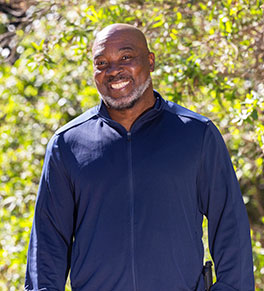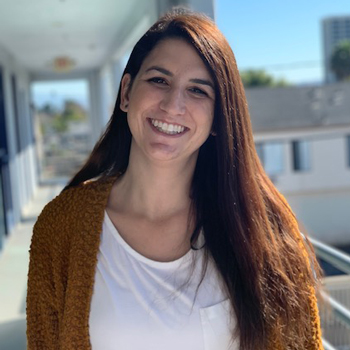Dive into our Live Well blog, where we explore topics ranging from wellness trends to breakthrough research, all in one place.

Live Well Blog
At UCI Health, we are committed to empowering you with the knowledge and resources you need to make informed decisions about your health and well-being.
Recent Blog Posts

05-15-2025
Stroke survivor's new mission: Helping others
Inspired by his care at UCI Health — Los Alamitos, Prince Simmons is now providing home healthcare for recovering patients.

05-13-2025
Finding meaning, connection in Crohn's battle
At UCI Health and the Crohn's & Colitis Foundation, Vanessa Sher found the support she had always sought.

05-09-2025
Stem cell transplant, a recipe for success
Chef extraordinaire Pascal Olhats turns to UCI Health after his cancer treatment fails.
Explore Further
Browse more blog posts by topic.
Health Tips
Breakthroughs
Clinical Trials
Patient Stories
Cancer
Exercise & Fitness
Digestive Health
Infection Prevention
Integrative Health
Mental Health
Heart Health
Neurosciences
Children's Health
Men's Health
Women's Health
Nutrition
Parenting
Pregnancy & Childbirth
Primary Care
Recipes
Senior Health
Spine & Joint Health
Weight Management




